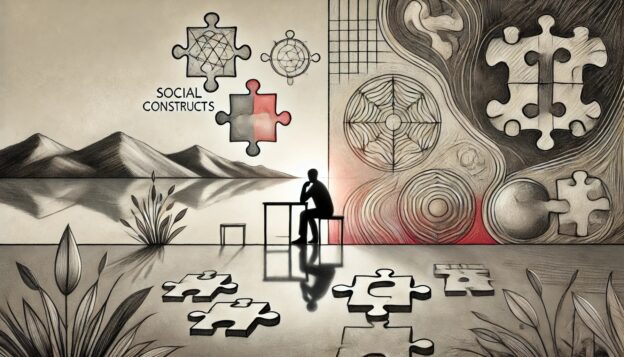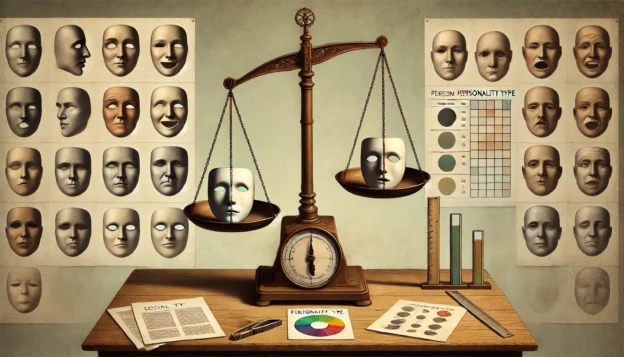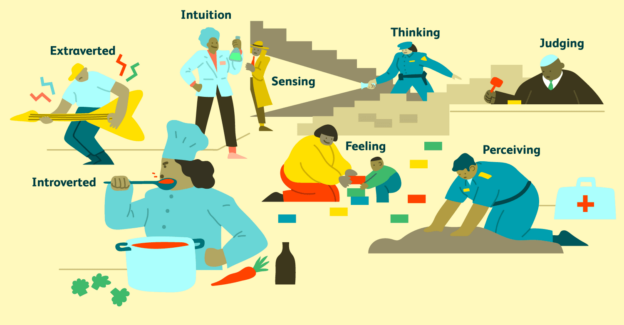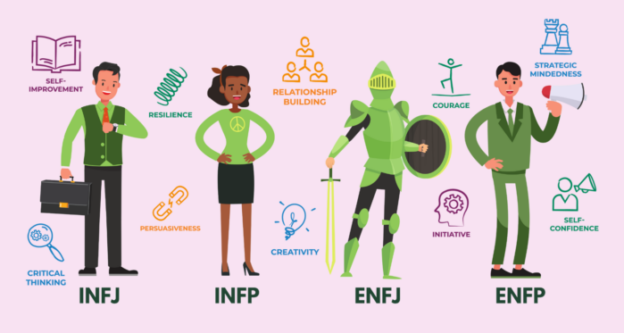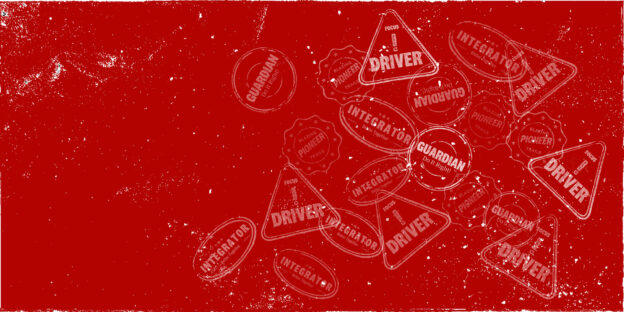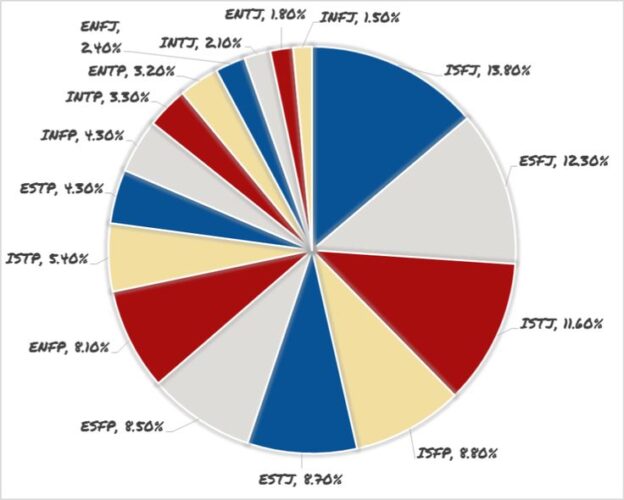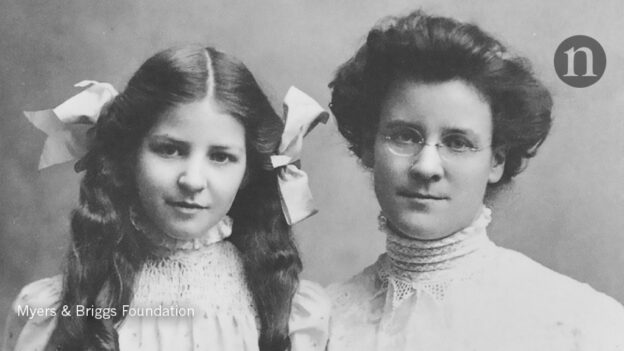From the outside looking in, the world of social science – particularly concepts like personality types – can appear fascinating and revelatory. However, for many individuals with Asperger’s Syndrome (part of the broader autism spectrum), these structures can sometimes feel like contrived categorizations. This isn’t to say that all those with Asperger’s share this sentiment, but a segment does find it challenging to relate to these constructs. Let’s delve into why, using myself as a template and lens.
Continue reading